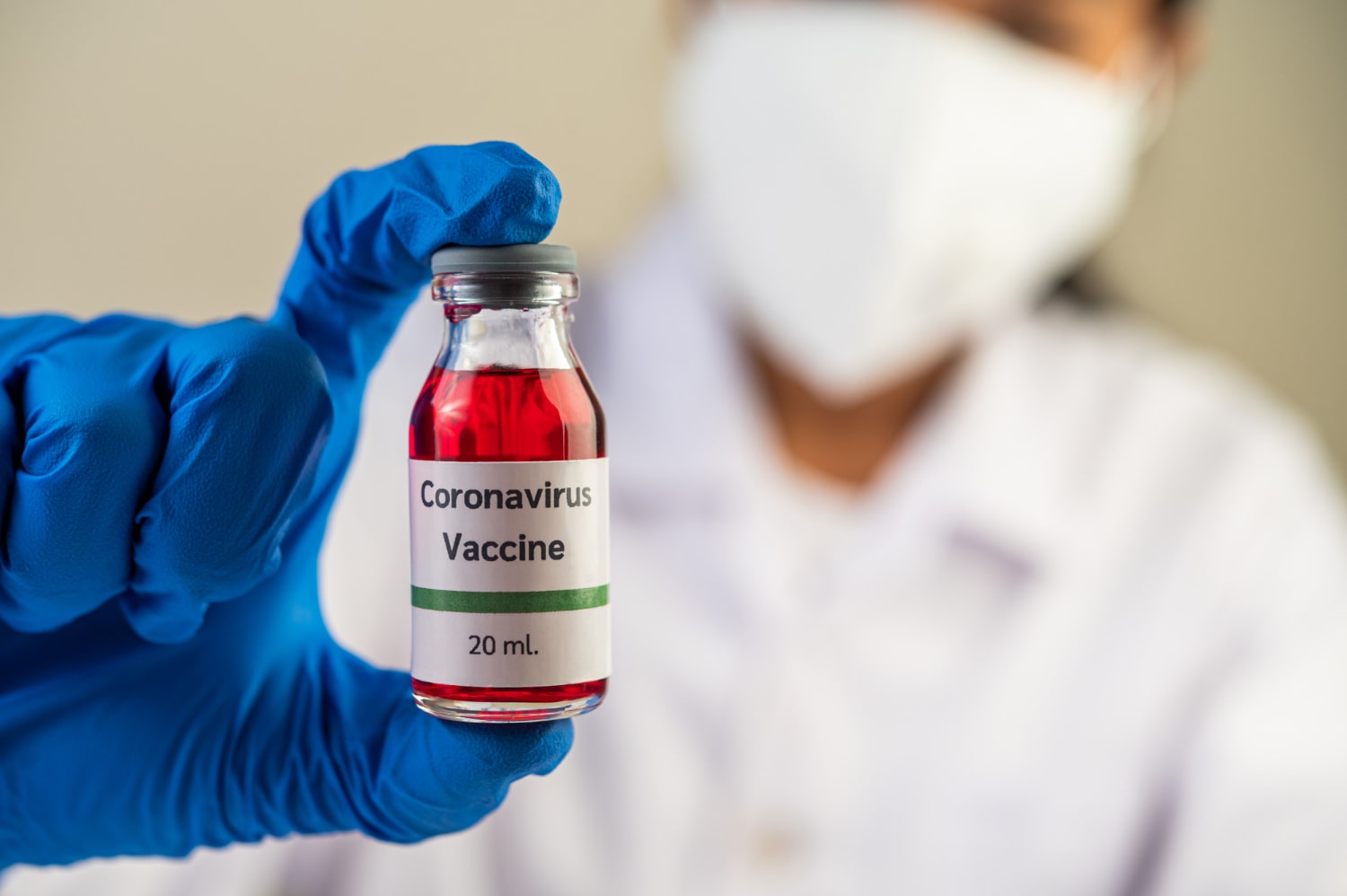Phase III Trial Demonstrates Molecular Profiling Safely Reduces Radiation in Endometrial Cancer and Enhances Treatment for High-Risk Patients
Endometrial cancer stands as the most prevalent gynecological malignancy in highly developed nations, predominantly affecting postmenopausal women. Historically, the prognosis for patients diagnosed at early stages has been favorable, largely due to effective surgical interventions followed by adjuvant therapies aimed at reducing recurrence risk. Among these, vaginal brachytherapy—a localized internal radiotherapy targeting the vaginal vault—has […]


Endometrial cancer stands as the most prevalent gynecological malignancy in highly developed nations, predominantly affecting postmenopausal women. Historically, the prognosis for patients diagnosed at early stages has been favorable, largely due to effective surgical interventions followed by adjuvant therapies aimed at reducing recurrence risk. Among these, vaginal brachytherapy—a localized internal radiotherapy targeting the vaginal vault—has been a standard adjuvant modality for patients categorized with high-intermediate risk disease. Despite its widespread use, this form of radiation treatment poses challenges related to both overtreatment and undertreatment, calling for more refined approaches to balance efficacy and patient quality of life.
The crux of the issue lies in patient heterogeneity. Not all women classified under high-intermediate risk require the same intensity or type of radiotherapy. Some undergo unnecessary exposure to radiation, potentially suffering avoidable side effects without tangible benefit. Conversely, a subset of patients receives insufficient treatment, particularly when limited to vaginal brachytherapy alone, resulting in a higher likelihood of locoregional recurrence. These clinical nuances have fueled a search for strategies to better stratify patients and personalize adjuvant therapy.
Molecular profiling has emerged as a transformative tool in this context, offering a window into the genetic and biological landscape of individual tumors. This approach involves detailed analysis of tumor-specific molecular markers that correlate with behavior, recurrence risk, and likely treatment response. By integrating these molecular signatures into clinical decision-making, oncologists aspire to tailor radiation therapy more precisely—sparring low-risk individuals from unnecessary interventions while intensifying treatment for those with aggressive tumor profiles.
The PORTEC-4a trial represents a landmark international randomized clinical study that evaluates precisely this molecularly guided paradigm. Enrolling nearly 600 women diagnosed with high-intermediate risk endometrial cancer across eight European countries, the trial utilized advanced genomic diagnostics to stratify tumors into distinct risk categories. Following stratification, treatment regimens were customized accordingly, substituting uniform approaches with individualized radiotherapy schedules or omission thereof. This methodology marks a significant evolution from traditional risk group-based treatment allocation to precision oncology.
Results unveiled at ESTRO 2025 underscore the clinical viability of such tailored approaches. Nearly half of the participants assigned to the molecular profile–driven arm were able to forgo radiotherapy completely without compromising cancer control or survival outcomes. This reduction in overtreatment not only mitigates radiation-associated morbidity but also heralds improved patient quality of life, decreasing toxicity and healthcare utilization.
In parallel, the study delineated a subgroup of patients with unfavorable molecular profiles who benefited substantially from an intensified radiation regimen. Unlike the standard administration of vaginal brachytherapy, these patients received pelvic radiotherapy, a more comprehensive approach targeting a broader anatomical field. This strategy yielded a dramatic improvement in locoregional control, with recurrence rates plummeting from over 30% to just 8.4%, highlighting the pivotal role of molecular markers in identifying individuals at heightened risk of relapse.
These findings collectively signal a paradigm shift in the management of endometrial cancer, where molecular insights supersede conventional staging systems in guiding adjuvant therapy. The multidisciplinary implications are profound, encompassing oncology, pathology, radiation biology, and clinical practice guidelines. Adopting such personalized frameworks invites reconsideration of current therapeutic algorithms, with significant potential to optimize resource allocation and refine patient counseling.
Experts in the field have heralded PORTEC-4a as a beacon of precision medicine’s power to revolutionize gynecological oncology. The trial’s lead investigator emphasized how molecular profiling facilitates a nuanced risk assessment, enabling clinicians to strike a delicate balance between undertreatment and overtreatment. This delicate equilibrium is essential to maximize therapeutic efficacy while minimizing treatment-related toxicities, an ambition at the heart of modern oncologic care.
The study also prompts broader reflections on the future integration of molecular diagnostics into routine clinical workflows. Standardizing genomic testing for endometrial cancer requires robust infrastructure, interdisciplinary collaboration, and education to ensure accurate interpretation and application of results. Moreover, expanding molecular profiling efforts may unlock new therapeutic targets, refining both systemic and local treatment modalities in the era of personalized medicine.
From a radiobiological perspective, the divergence in radiation intensity based on molecular risk profiles highlights the heterogeneity of tumor microenvironments and radiosensitivity. Understanding these biological underpinnings could further enhance treatment design, paving the way for adaptive radiotherapy protocols that respond dynamically to tumor behavior and patient-specific factors.
The broader oncology community is watching closely, recognizing that this model may extend beyond endometrial cancer to other malignancies where adjuvant radiotherapy decisions are currently guided by clinical and pathological risk factors alone. The successful implementation of molecular profiling in therapeutic stratification could usher in a new standard that harmonizes technological advances with patient-centric care.
ESTRO, as the leading European society for radiotherapy and oncology, underscores the importance of disseminating such groundbreaking research at its annual congress. Presenting the PORTEC-4a findings at ESTRO 2025 not only fosters scientific exchange but also catalyzes the translation of evidence into clinical guidelines and practice. The society’s commitment to precision oncology exemplifies the broader oncology community’s drive towards treatments that are as individualized as the patients themselves.
In summary, the PORTEC-4a trial exemplifies how integrating molecular profiling into adjuvant treatment decisions for endometrial cancer can safely reduce unnecessary radiation exposure for many women, while intensifying therapy for those at heightened risk of recurrence. This approach not only improves locoregional control rates but also represents a leap forward in personalized medicine, promising enhanced quality of life and survival outcomes. As oncology continues to evolve, studies like PORTEC-4a illuminate the path towards a future where therapy is precisely calibrated to the biological fingerprint of each tumor.
Subject of Research: People
Article Title: PORTEC-4a; an international randomised trial of molecular profile-based adjuvant treatment for women with high-intermediate risk endometrial cancer
News Publication Date: 5-May-2025
References: Cancer Research UK; American Cancer Society; ESGO/ESTRO/ESP Guidelines for Endometrial Carcinoma (2021)
Keywords: Radiation therapy, Cancer patients, Clinical trials, Scientific approaches, Gynecology
Tags: adjuvant therapy optimizationadvanced cancer treatment methodologiesEndometrial Cancer Treatmentgynecological malignancies in postmenopausal womenhigh-risk endometrial cancer managementlocoregional recurrence in cancerminimizing radiotherapy side effectsmolecular profiling in oncologypatient heterogeneity in cancer treatmentpersonalized radiotherapy strategiesreducing radiation in cancer therapyvaginal brachytherapy effectiveness
What's Your Reaction?


































